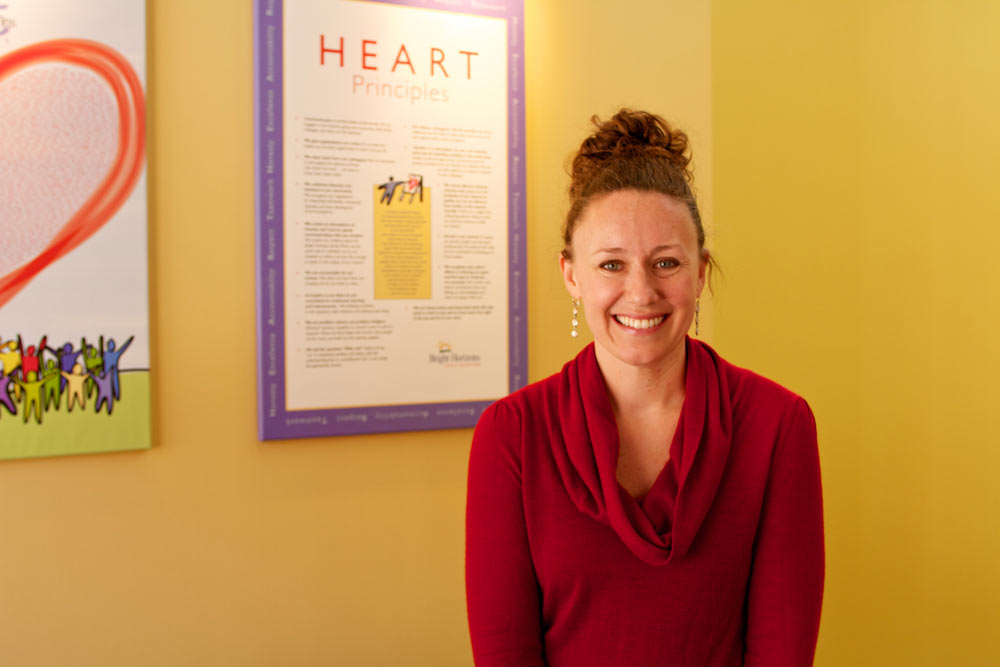Three Global Approaches to Work/Life Support
In a session on re-conceptualizing work and family, Pearl Dykstra, professor of empirical sociology at Erasmus University Rotterdam, shared her typology of how various countries approach the question of work and family.She described three major approaches.
Familialism by Default
In this model, families take full responsibility for child care and elder care. Policies and programs to support dependent care are not available, but there is a strong tradition of multigenerational families and in the ideal, these extended families work together to care for children and elders. The model is flawed because women have been in the workforce in high numbers for a long time now, resulting in grandmothers who are in the workforce and not necessarily available to pitch in to support family needs.
Supported Familialism
In this model the country's public policies support dependent care with programs such as extended paid leave after the birth of a child. The public sector takes responsibility for supporting families so that adults can participate in the workforce and children are well cared for.
Defamilialization
This third model is the best description of our context in the US. Here we find that there is neither a prevalence of multiple generations living together and sharing dependent care responsibilities, nor is the government a strong presence in terms of providing supports for families.
Changing the Work/Life Landscape
Roger Brown and Linda Mason saw the U.S. situation clearly more than two decades ago when they had the forethought to create the employer-sponsored child care model. As the story goes, they looked at the large-scale entrance of women into the workforce and the associated challenges related to a lack of governmental support for child care. They knew that in order for organizations to be successful, and in turn for families to be successful, a strategy was needed.Since then, Bright Horizons has advocated that it is to the advantage of employers and families alike for the private sector to step in and help to provide the supports that working people need.
Those supports have evolved over time, today responding to both changes in the work world and to new strategic requests from clients. As a result, Bright Horizons now offers full-time and back-up care for children, elder care, and supports to help with a child's or an employee's education.
Work/Life Support for Employers
Based on government provisions, some of these supports would be less relevant in other countries. Where higher education is free and accessible, for example, the burden of getting children into college is lessened. When parents have nine or 12 months of family leave after the birth of a child, an infant transition program isn't necessary.But here, the private sector has a significant role and it's not just an impetus it's an opportunity. Stepping up and providing supports allows organizations to differentiate themselves and so to better recruit and retain the best employees; support productivity; cultivate loyalty and engagement; and ensure that all products and services provided by the company meet the quality standards of the organization.
Yet there persists a notion among many employers in this country that no such benefits exist. Supports, some would say, benefit only employees. But study after study has told us that the rewards are very real. Not only are there big upsides for supportive employers, but top employees are willing to give up a lot more money, for example for the privilege of working for one. As Bright Horizons CHRO Dan Henry wrote recently, "In reality, it's self-defeating not take care of your employees."
None of the three models Pearl described in her session are perfect. But for the moment, they're what we have to work with. And while new methods are being considered, it's in every employer's best interest to create environments in which people can feel successful, both personally and professionally.





